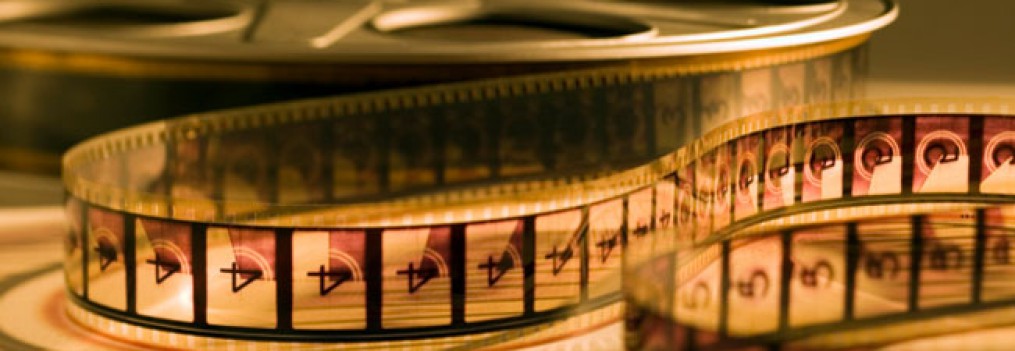Film:
Amistad, 1997
Starring Djimon Hounsou, Matthew McConaughey, Morgan Freeman, Stellan Skarsgard, and Anthony Hopkins.
Synopsis (from IMDB):
Amistad is the name of a slave ship traveling from Cuba to the U.S. in 1839. It is carrying a cargo of Africans who have been sold into slavery in Cuba, taken on board, and chained in the cargo hold of the ship. As the ship is crossing from Cuba to the U.S., Cinque, who was a tribal leader in Africa, leads a mutiny and takes over the ship. They continue to sail, hoping to find help when they land. Instead, when they reach the United States, they are imprisoned as runaway slaves. They don’t speak a word of English, and it seems like they are doomed to die for killing their captors when an abolitionist lawyer decides to take their case, arguing that they were free citizens of another country and not slaves at all. The case finally gets to the Supreme Court, where John Quincy Adams makes an impassioned and eloquent plea for their release.
My Thoughts:
This film touches upon many different ethical and spiritual themes. The film centers upon a slave revolt on the Spanish ship “La Amistad” and the subsequent court cases in the United States as the justice system tries to unweave the various crimes from their victims and perpetrators. As for spiritual themes, there is the obvious issue of slavery itself, and the injustice it represents, but there are some other more subtle themes interwoven into this larger one. The Abolitionists, who serve as advocates for the slaves, are ardent Christians and see slavery as opposed to their faith. Other Christians come and pray at the prison in which the West Africans are being held. The faith of the West Africans themselves is in question, though they could be Muslim due to a few shots of them on the boat praying all together in one direction, potentially Mecca.
Throughout the film, each side begins to better understand the other. At first the West Africans seem wild and violent to the Americans, and even their advocates are at time confused, frustrated, or fearful of their behavior. The Americans are just as strange to the Africans who cannot understand their language, or customs, and are also confused to see freed American blacks dressed just like those of European heritage. Throughout the film, the advocates strive to learn the language and to find a translator, and to better understand the West Africans so that they can better serve them. The West Africans also learn more of the ways of the white people when they are given a Bible. Through the pictures they see the suffering these people went through as well, and how they revere Christ as in every picture “the sun follows him”.
“When a man turns his face to God he finds sunshine everywhere. All men are his brothers. Let not conventionality cause you to seem cold and unsympathetic when you meet strange people from other countries… Let it be seen that you are filled with universal love.” ~ ‘Abdu’l-Bahá
While this may seem over simplified or contrived, I think it is important to think about how people of different cultures learn about one another. In this age of the Internet, and global tele-communications, it is much easier and more common to interact with people from different places, cultures, and backgrounds. Two hundred years ago, while there was still cultural interaction for sure, mixing took effort and was not on equal footing. It took months for ships to cross the ocean, and people were brought over under duress. The effort of the abolitionists to truly understand the West Africans cannot be taken lightly. It really was a sign of changing times.
Another interesting dilemma throughout the film was the issue of what was a “win” to the Abolitionists. The property lawyer argued that he could get the West Africans acquitted for murder of the crew by claiming they were unlawfully acquired property, since in 1839 slaves were no longer supposed to be taken, but had to be born into slavery. To the Abolitionists this was repugnant since the West Africans were just as human as they were and to use the language of property would be backward. But what is most important? Noble ideas or action? If this could save the West Africans from the death penalty, and could allow them to return to Africa is it ok?
“Some men and women glorify in their exalted thoughts, but if these thoughts never reach the plane of action they remain useless: the power of thought is dependent on its manifestation in deeds.” ~ ‘Abdu’l-Bahá
In the end, after taking the case to the Supreme Court and getting a favorable verdict, one of the Christian Abolitionists argued that perhaps it would have been better for the greater Abolitionist cause had the West Africans been put to death, since martyrdom tended to motivate individuals to action and to fight for change. He pointed to the example of Christ. While this may be true, it disgusted the other Abolitionist, a freed slave himself, since life itself is sacred and it should be the goal to free these innocent people who were defending themselves, and not to seek the martyrdom of other people.
This film really caused me to grapple with our cultural heritage, as well as how far we’ve come. The most progressive people in the 1839 case would probably seem pretty backwards now. It was 5 years that the Báb came heralding in the new age and calling people to unity, and 11 years later that He Himself was martyred. I can see how humanity so very much needed the message of love and unity He and Bahá’u’lláh after Him, championed.
“Ye are the fruits of one tree, and the leaves of one branch. Deal ye one another with the utmost love and harmony, with friendliness and fellowship.” ~ Bahá’u’lláh


